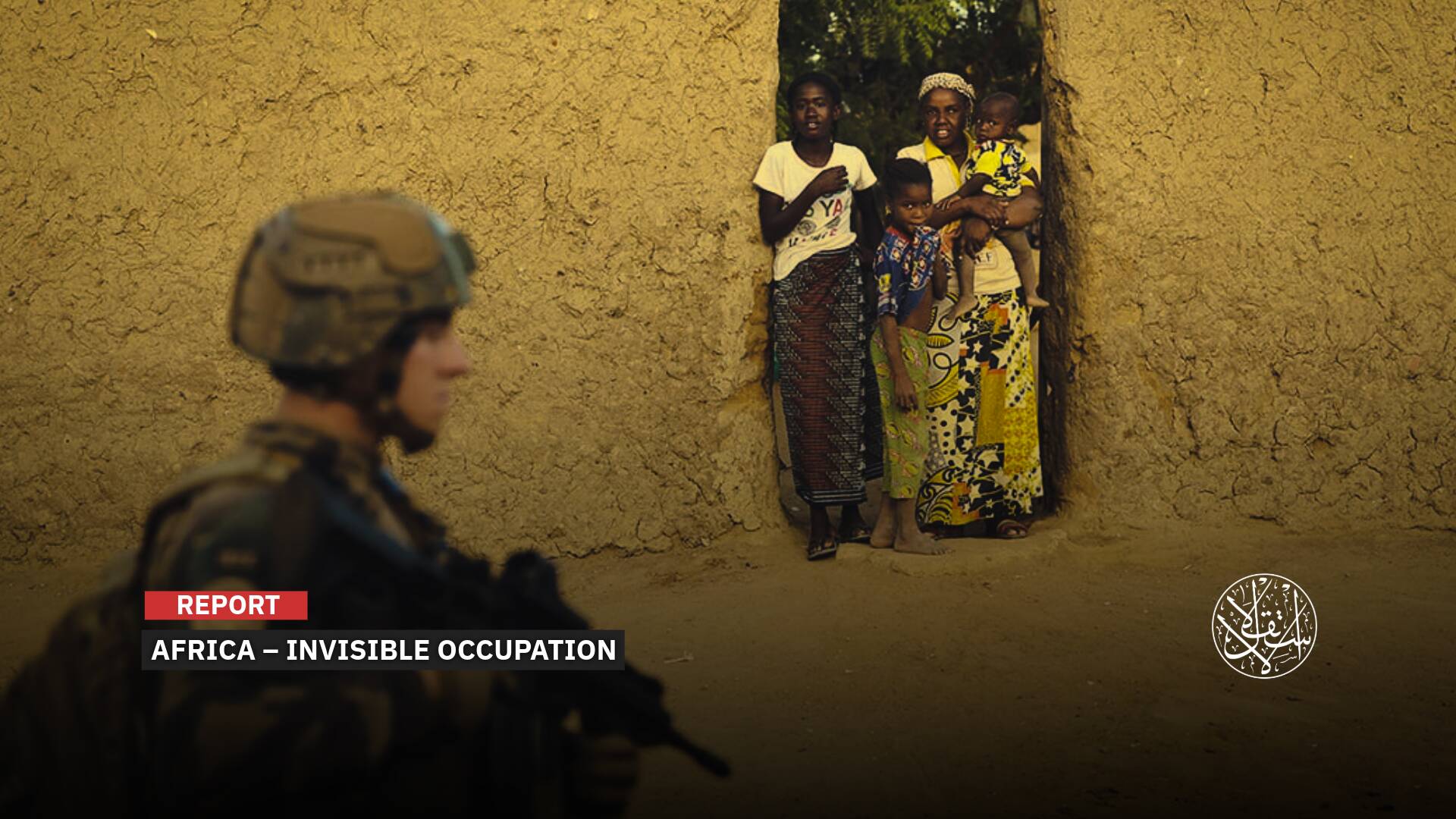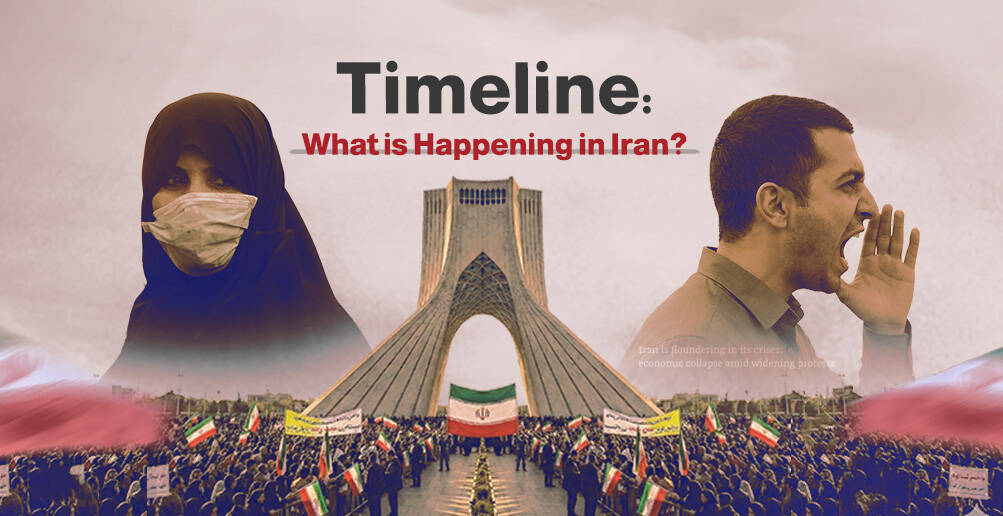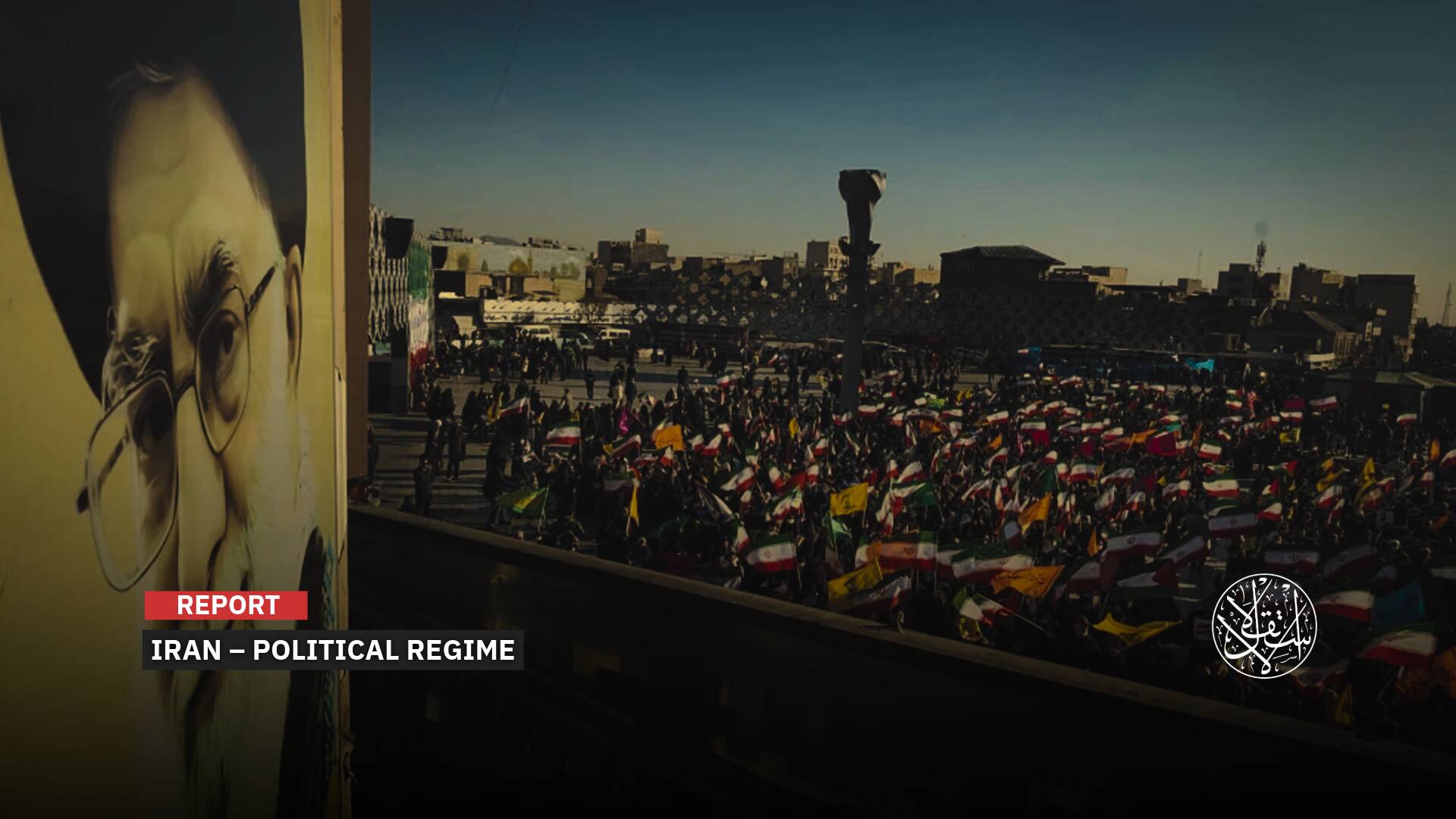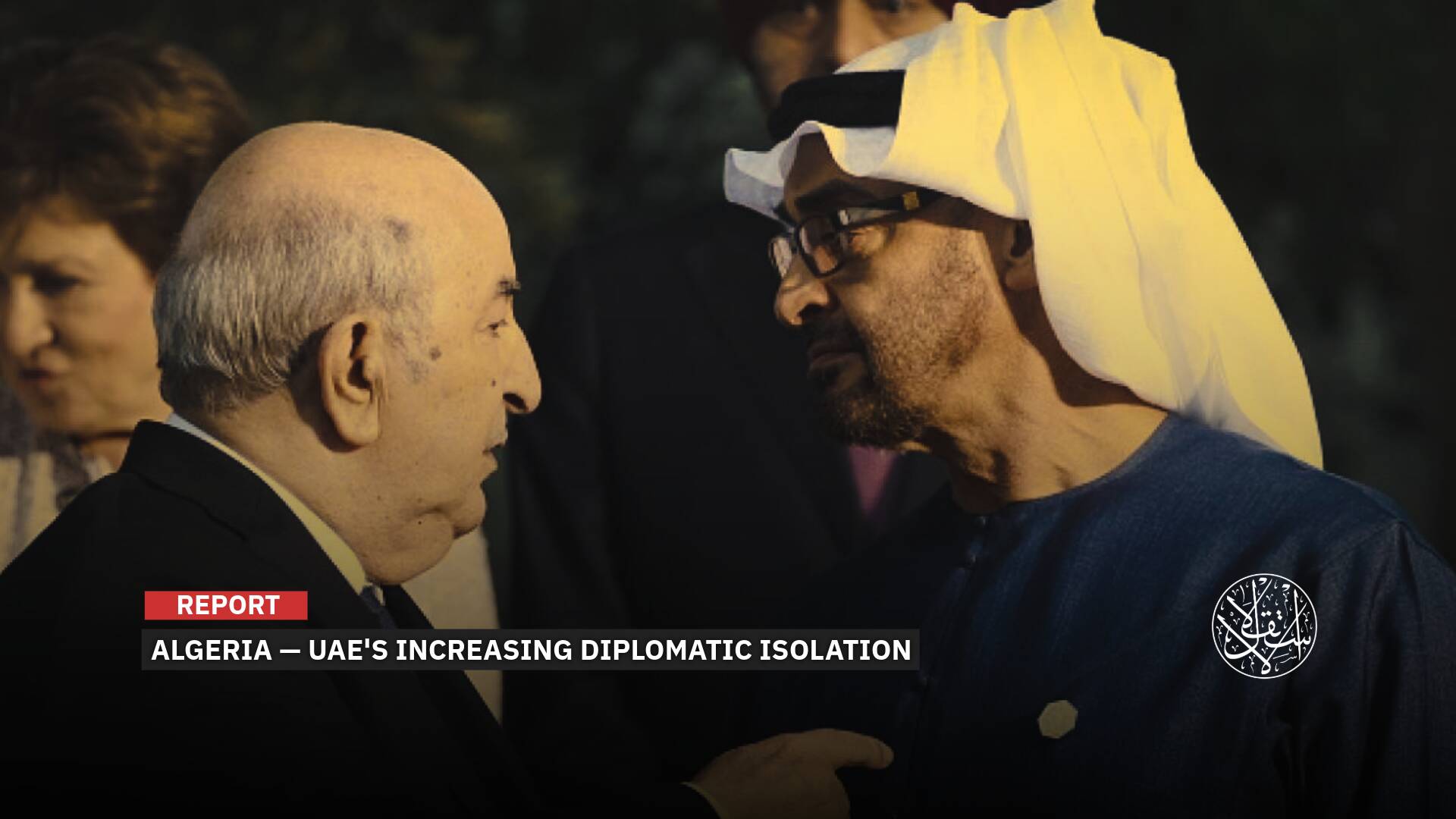Political Extradition and Human Rights Concerns in Algeria-Tunisia Agreement

The agreement serves the Tunisian and Algerian regimes' interests in targeting opposition.
In a move that has raised concerns among human rights activists and political figures, Algerian President Abdelmadjid Tebboune has approved an extradition agreement between Algeria and Tunisia, initially signed in December 2021.
Under the agreement, which will come into effect 30 days after the exchange of ratification documents between the two countries, both Tunisia and Algeria have pledged to extradite individuals sought by each other's judicial authorities.
The terms specify that individuals facing charges or serving sentences under the respective countries’ laws will be handed over, subject to certain conditions.
According to Algeria's official government gazette, the agreement mandates the extradition of individuals convicted of crimes punishable under the laws of both nations, provided they have received a sentence of at least one year, with at least six months remaining on their sentence at the time of the extradition request.
On February 12, 2025, it was clarified that the agreement includes a provision allowing for the refusal of extradition if there are substantial grounds to believe that the individual’s trial or conviction was based on their race, religion, gender, nationality, political views, or if the request violates humanitarian principles.
Algeria has been actively working to update a series of judicial cooperation agreements and extradition treaties with several countries, including the UAE, Lebanon, Saudi Arabia, France, Spain, Italy, and others.
Political Extradition Concerns
In response to this development, Tunisian lawyer Mohamed Abbou expressed concerns over the political cases potentially covered under the agreement, which could lead to practices contradicting the legal provisions that prohibit the extradition of individuals based on their political views.
Abbou told Al-Estiklal that while bilateral agreements between countries, whether Arab or European, to extradite criminals in the interest of justice are common and not problematic, the issue arises when political cases are labeled as terrorism to justify extradition demands.
He emphasized the importance of respecting the legal procedures set by both Tunisian and Algerian lawmakers in extradition cases, and allowing the judiciary to decide whether to proceed with an extradition.
Abbou pointed out previous instances where Tunisia and Algeria have extradited individuals without respecting these procedures, something he firmly rejects.
He added that if actions are classified as terrorism, but later prove to be political in nature, extradition should not take place, and there should be a halt to practices where extraditions occur outside the legal frameworks.
On the Tunisian side, Justice Minister Leila Jaffal noted that the ratification of the agreement aimed to address communication challenges between the two countries and “introduce regulations for offences such as terrorist acts, financial recovery, freezing, and confiscation, as well as unique protocols in terrorist cases.”
In a parliamentary session on January 16, 2025, Jaffal revealed that the extradition agreement between Tunisia and Algeria was part of a review of the judicial cooperation and assistance treaty signed in 1963.
She also noted that there are currently 199 Algerians imprisoned in Tunisia, with 8 extradition requests made by Tunisia to Algeria, and 6 requests received from Algeria.
Additionally, she disclosed that the Algerian detainees in Tunisian prisons, including 6 women, were involved in various crimes, such as drug trafficking, illegal immigration, and terrorism.

In this regard, political analyst Imad al-Daimi stated that the agreement ratified by the Tunisian parliament appeared, on the surface, to be a routine treaty, similar to those Tunisia has with many other Arab and European nations in the same domain.
“Especially since Tunisia and Algeria already have previous agreements in this field, the agreement is not inherently targeting freedoms, rights, or political opposition; rather, it seems to be a continuation of judicial cooperation and collaboration between the two countries,” al-Daimi told Jusoor Post.
"As Tunisian politicians, we support cooperation with Algeria in all areas of mutual interest, but there are exceptional cases that arise from time to time, such as the detention of some Tunisians in Algeria or vice versa. These situations require specific intervention and should be addressed within the framework of easing tensions and avoiding any involvement in the political persecution of citizens."
Al-Daimi expressed his hope that the agreement would remain focused solely on criminal extradition, without any connection to political figures, and that it would serve as an additional step toward judicial integration with neighboring countries.
Legal Force
Ismail Khalafallah, an Algerian lawyer and international law expert, believes that the Algerian president’s ratification of the agreement and its publication in the country’s official journal aims to strengthen Algerian-Tunisian relations, particularly in the judicial realm.
In a statement to France 24, Khalafallah explained that the ratification was intended to provide legal force to the agreement, as it holds no value without parliamentary or legislative approval.
The Algerian lawyer noted that the agreement contains 24 articles, focusing on common crime, customs-related criminal activities, and financial and moral corruption, regardless of any interpretation some may have regarding political crimes.
Khalafallah added that any individual wanted for what is labeled a "political crime" has the right to refuse extradition to the requesting state, emphasizing that the agreement also includes exceptions for humanitarian, health, or other considerations.
However, Hossam al-Hami, the General Coordinator of the "Coalition of Resilience" (a Tunisian non-governmental civil rights coalition), argued that such agreements raise concerns over their potential impact on human rights in both Algeria and Tunisia.
According to Al-Hurra on February 14, 2025, al-Hami said, "the activation of the agreement is part of implementing the mutual interests of the Tunisian and Algerian regimes in pursuing political opponents."
"Authoritarian regimes share a mutual understanding on human rights matters, often leading them to form agreements that align with their interests and serve their collective goals."
"There is no legal issue in Algeria regarding the extradition of criminals, unlike Tunisia, where political pressure on the judiciary, especially in politically charged trials, is a common practice," al-Hami added.
The human rights activist expressed his grave concern that such agreements could be exploited by the regime as a tool to target political opponents, while closing the door to asylum in other countries.
In August 2021, Algerian security forces arrested Nabil Karoui, a former presidential candidate and leader of the opposition "Heart of Tunisia" party, and his brother in Tebessa, Algeria, after they entered the country illegally.
Karoui and his brother face charges related to "money laundering and tax evasion," and in February 2024, the Tunisian judiciary sentenced Karoui to three years in prison for "receiving foreign funds during his 2019 presidential election campaign."
In July 2024, local media reported the detention of a former member of parliament, Seifeddine Makhlouf, within Algerian territory and his subsequent referral for investigation.
Political Persecution
Amid these developments, the United Nations has called on Tunisia to halt "all forms of persecution of political opponents" and to uphold the right to freedom of opinion and expression.
This came in statements made by the UN High Commissioner for Human Rights, Volker Turk, as relayed by the Commission's spokesperson, Thameen al-Kheetan, during a press conference in Geneva on Tuesday, February 18, 2025, according to the Commission's official website.
“UN High Commissioner for Human Rights Volker Turk calls on the Tunisian authorities to cease all forms of persecution of political opponents, and to respect the rights to freedom of opinion and expression. He also appeals for the immediate release, on compassionate grounds, of those who are of an advanced age and those who suffer from health problems.”
“We also urge Tunisia to review its criminal legislation and ensure it is in line with international human rights law norms and standards. All those arbitrarily detained must be immediately and unconditionally released. Those charged with offenses must be guaranteed fair trial and due process,” the UN Office of the High Commissioner reported.
In Algeria, the UN Special Rapporteur on the situation of human rights defenders expressed deep disappointment over the continued detention of human rights activists.
In a statement on the UN website on January 30, 2025, Mary Lawlor condemned the arbitrary detention, judicial harassment, intimidation, and criminalization of several activists for their peaceful activities, under vague legal provisions such as "undermining state security."











